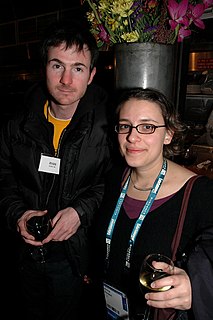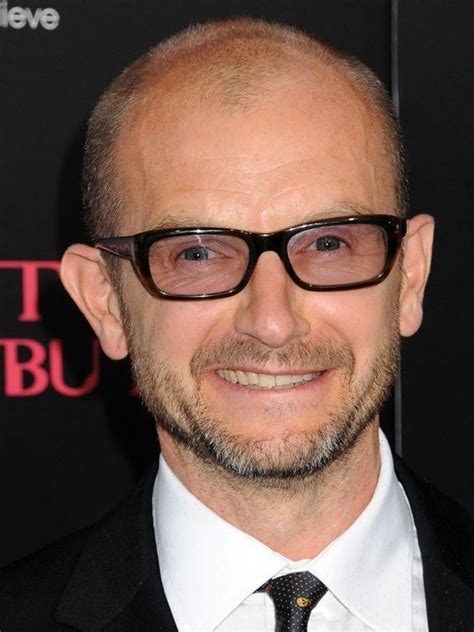A Quote by Joshua Oppenheimer
You finish a film not in the editing, but in the conversations that audiences have with themselves - and in that sense, every viewer is making a slightly different film. And that's wonderful.
Related Quotes
Animation, for me, is a wonderful art form. I never understood why the studios wanted to stop making animation. Maybe they felt that the audiences around the world only wanted to watch computer animation. I didn't understand that, because I don't think ever in the history of cinema did the medium of a film make that film entertaining or not. What I've always felt is, what audiences like to watch are really good movies.
African films should be thought of as offering as many different points of view as the film of any other different continent. Nobody would say that French film is all European film, or Italian film is all European film. And in the same way that those places have different filmmakers that speak to different issues, all the countries in Africa have that too.
Over time it just got more and more intense as far as the trust factor. For example, when we started editing the film [Dream of Life], I thought, man, I need to make sense of all the footage I have; I need to ground the film. And one day I was hanging out in Patti's [Smith] bedroom, which is where Patti works, and in the corner of her bedroom is this great chair, and that's when she began showing her personal things to me. The camera was there, and we realized that we were really making the movie and making sense of the footage in the movie.






































